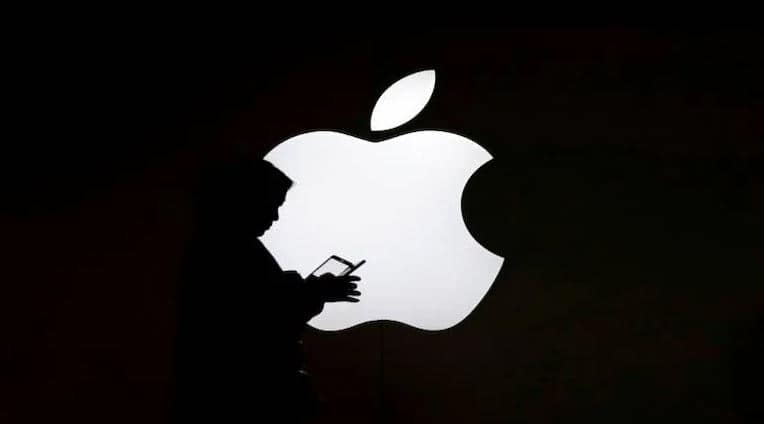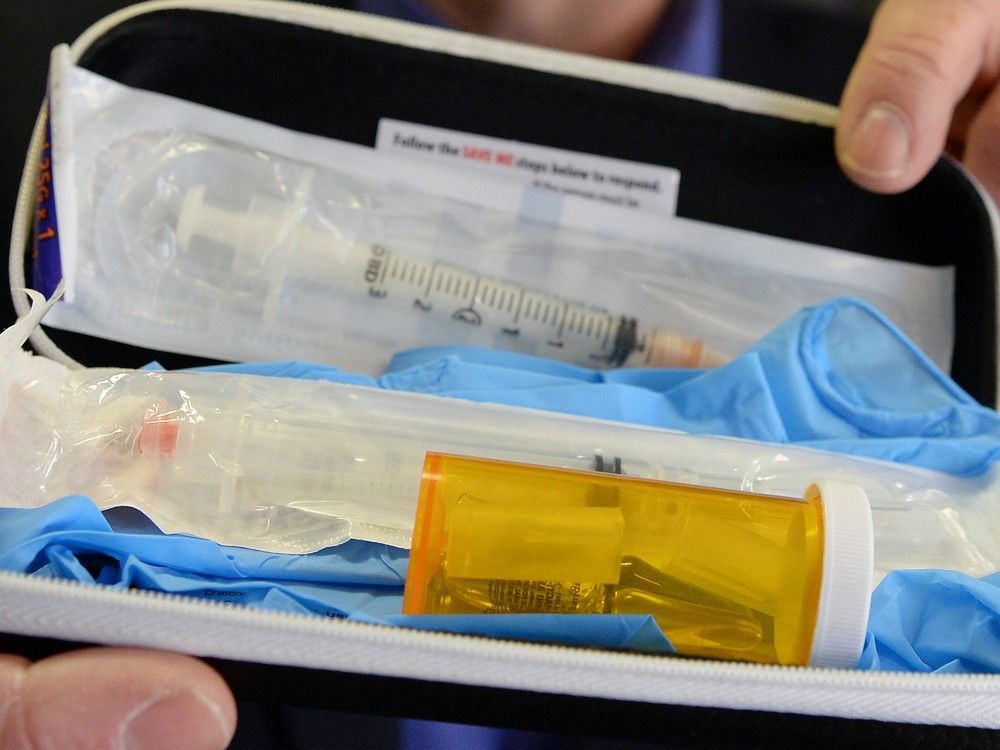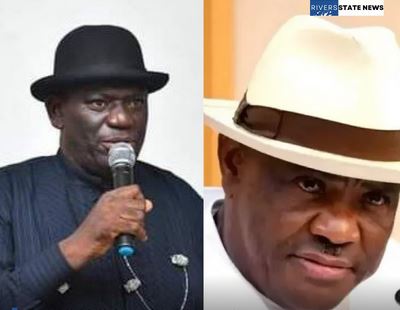
Apple and Elon Musk's SpaceX are competing to improve mobile connectivity using satellites, especially in areas where regular cellphone signals don’t work. Apple has invested heavily in satellite communication through a company called Globalstar, while SpaceX has launched hundreds of satellites through its Starlink service, according to a report by Wall Street Journal. The main conflict is over access to "spectrum"—the limited radio frequencies that allow these satellite networks to function.
SpaceX has tried to block Apple’s expansion by asking U.S. regulators to delay Globalstar’s plans.

Meanwhile, SpaceX and its partner, T-Mobile, initially wanted Apple’s support to bring Starlink connectivity to iPhones. After tense negotiations, Apple agreed, but it still controls how satellite features work on iPhones. Despite their rivalry, Apple and SpaceX also rely on each other.
SpaceX helps launch Globalstar’s satellites for Apple’s iPhone services, while T-Mobile and SpaceX need Apple’s cooperation to ensure Starlink works smoothly on iPhones. Apple has been expanding its satellite capabilities, including a $1 billion investment in Globalstar, which helps iPhones send emergency messages in areas without cell service. SpaceX, however, has challenged Apple’s plans, arguing that the radio frequencies Apple uses are underutilized.
Beyond satellites, Musk and Apple have had past conflicts, including competition over hiring self-driving car engineers and tensions related to X (formerly Twitter). Musk has even threatened to build his own smartphone to challenge Apple’s control over app distribution. While SpaceX has more satellites in orbit, Apple has been negotiating with other satellite providers to expand its capabilities.
The two companies may continue to clash, but they also need each other to advance their respective goals in satellite communications..















